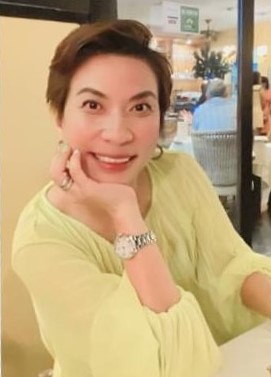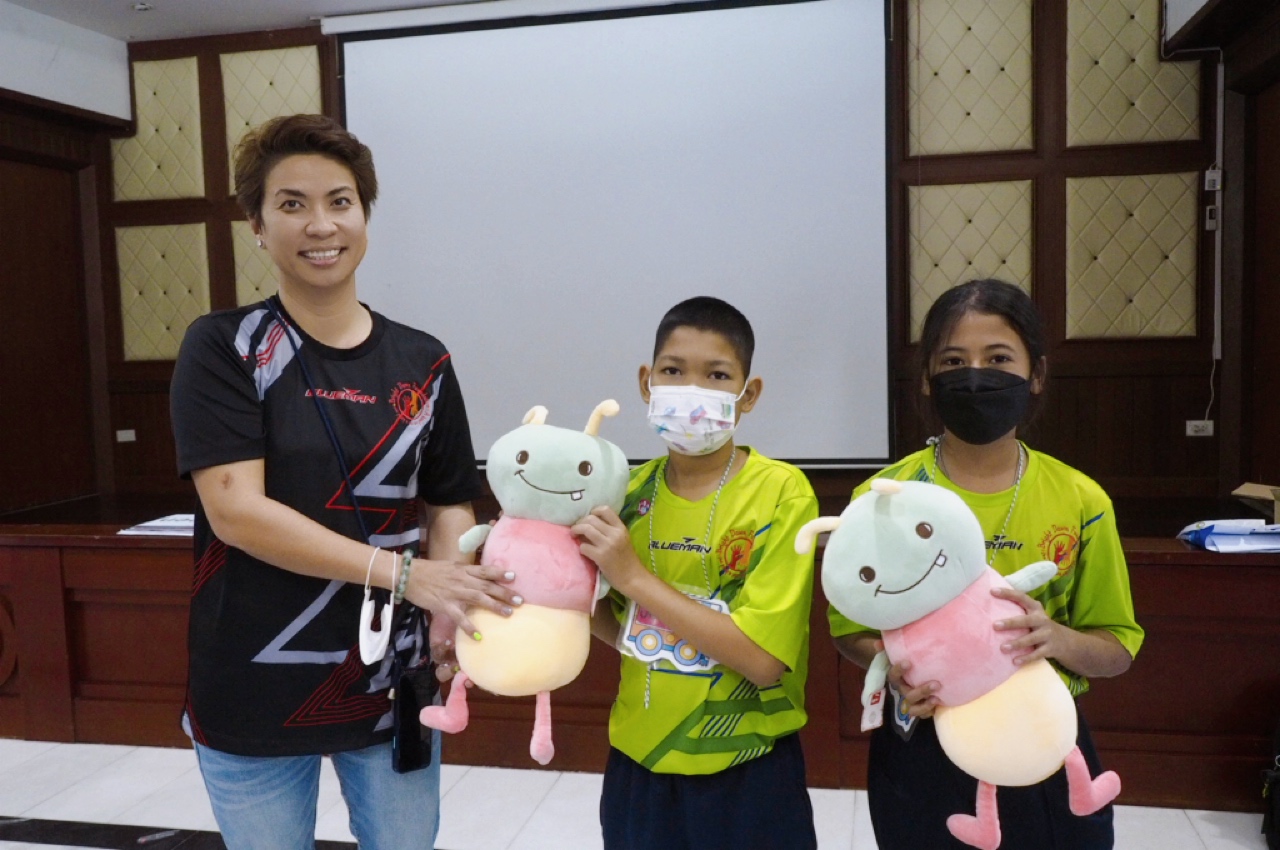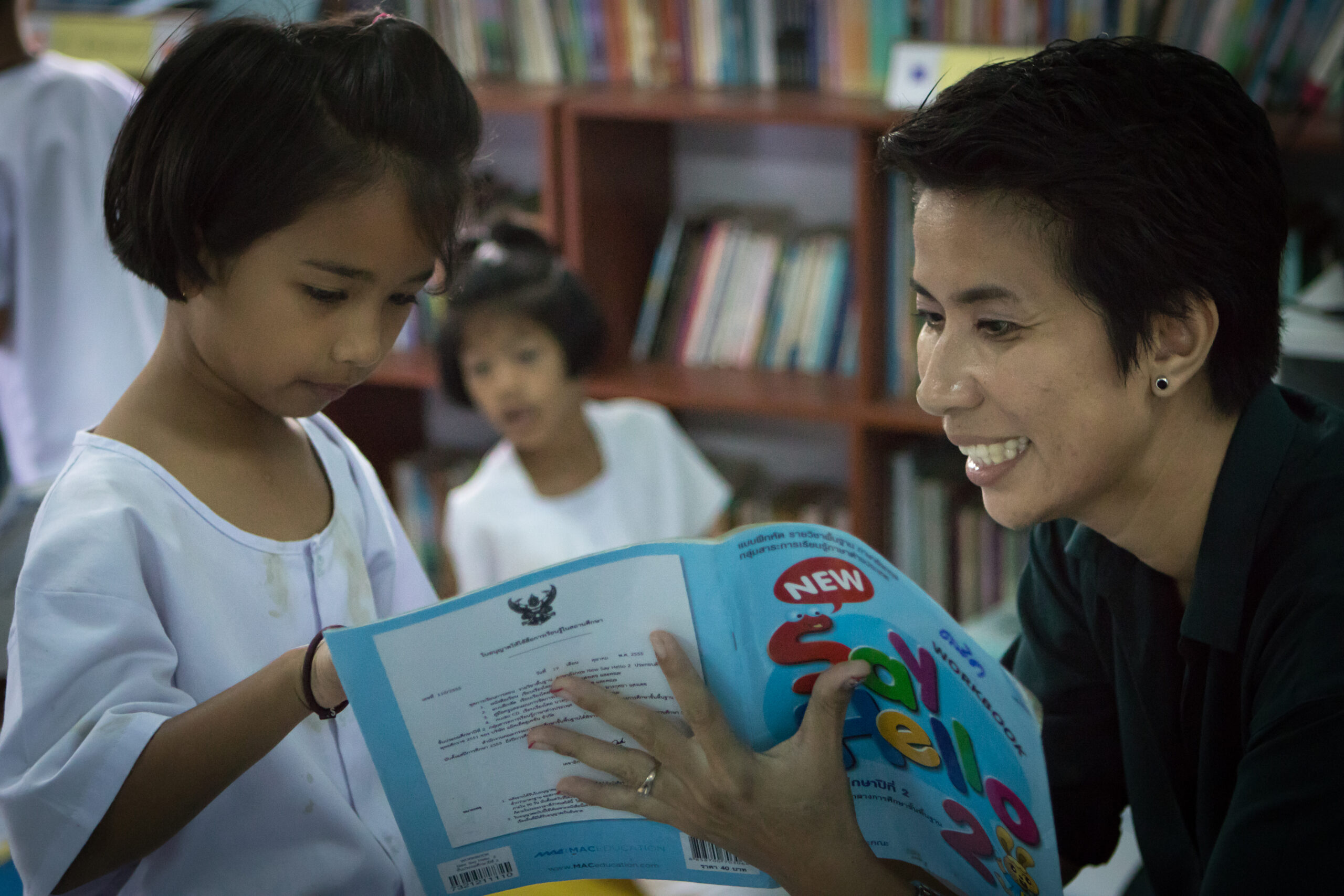Recently, our Head of English, Nace, achieved a significant milestone by earning her PhD in Innovation of Early Childhood Education. In light of this accomplishment, we had the chance to sit down with her and delve into her journey.
I am sure after reading this you will agree with us that her dedication and hard work have truly paid off and we feel incredibly fortunate to have such a talented and highly qualified individual as part of our team.
Read the full interview here:
1. Could you tell us how your PhD in Innovation of Early Childhood Education will future enhance your role as the Head of English at BD.
In my view, this would offer valuable insights into effective teaching methodologies, curriculum development, and the latest research in child development. This knowledge could empower a head of English to apply cutting-edge approaches tailored to young learners, fostering engagement and enhancing language acquisition. This combination of expertise would likely contribute to creating a supportive and effective learning environment that highlights the importance of English language and literacy from an early age.
2. What inspired you to pursue a PhD in Innovation of Early Childhood Education?
According to my experiences as a teacher, In some communities, there is limited awareness of the importance of early childhood education such as parents may not prioritize early learning. Although the Thai government has made efforts to expand access to early childhood education, there are still disparities based on socioeconomic status, geographic location, and ethnicity. So, this what inspired me to pursue a PhD to tackle specific challenges faced in early childhood settings, such as access to quality education, diverse learning needs, and prepare young learner to be ready in next learning level.
3. How do you think your new qualifications will impact the curriculum or teaching methods at BD?
Bright Dawn Foundation as a civil society organization that focuses on education program. I believe that my expertise could influence and enhance this program on early childhood education. I can design or refine curricula that are research-based, culturally relevant, and developmentally appropriate which help BD foster equity and social justice in its educational programs. Also, this could help BD design initiatives that encourage parental engagement and build stronger connections between schools and communities, enhancing the overall learning environment for children by creating programs that not only meet educational standards but also address the specific needs, improve the learning outcomes and well-being of children in the communities they serve.
4. “What was your PhD thesis about, and how does it relate to your work at Bright Dawn Foundation?
It’s Innovation of Learning Experiences Provision for Early Childhood in New Normal. BD has advocated for educational programs by establishing an English program to enhance children's English learning. I believe that English learning for young learners can be effectively integrated with various subjects and activities. In my role at BD, I see myself not just as an English teacher, but as an educator committed to introducing new approaches to developing children in rural areas. I firmly believe that if we want to nurture well-rounded children, we must start from the early years. Similarly, if we want children to learn a language naturally, we should begin in the early years, when their brains are highly adaptable, allowing them to absorb languages quickly and efficiently, including the sounds, vocabulary, and grammar of a new language like English. This is why I am passionate about Early Childhood Education (ECE) and believe that BD can play a crucial role in raising awareness about the importance of ECE in developing the cognitive, social, and emotional skills that lay the foundation for lifelong learning and success.
5. Could you share some significant learning from your PhD journey that you plan to implement in our foundation?
My studies have introduced me to various innovative educational models that can be tailored to different contexts. I plan to implement these models within BD to address the unique challenges faced by the communities they serve. Throughout my PhD journey, I’ve come to appreciate the importance of data-driven decision-making. I intend to apply this approach in BD, ensuring that our programs and initiatives are informed by accurate data, allowing us to identify gaps, measure outcomes, and make informed adjustments for greater effectiveness.
6. How do you think this achievement will influence the future direction of English education at BD?
This achievement can impact the BD education program by advocating for policies that prioritize early language development. This advocacy can lead to valuable insights into how young children acquire language and identify the most effective methods for teaching English. These findings can then inform curriculum development and teaching strategies, better supporting early language learners. I believe this can drive significant advancements in English education through curriculum enhancement and national policy advocacy.
7. What are some challenges you faced during your PhD journey and how did you overcome them?
My study was long and at times felt isolating. The demands of significant time and effort often resulted in a heavy workload. I overcame this challenge by creating a structured time management plan, regularly reviewing and adjusting my schedule to stay on track. To stay motivated, I set both short-term and long-term goals. Additionally, I engaged with academic communities, attended conferences, and networked with other researchers, which helped me stay inspired and connected.
8. What message would you like to convey to other educator in the field of early years education?
As educators in the foundational years, we hold the profound responsibility of shaping the future. Our work is not just about teaching skills or knowledge—it's about nurturing curiosity, fostering resilience, and building a love for learning that will last a lifetime. Let's continue to innovate, collaborate, and advocate for every child's right to a joyful, inclusive, and empowering educational experience. Together, we can create environments where every child feels seen, heard, and valued, paving the way for a brighter, more compassionate world.



“Education is not the filling of a pail, but the lighting of a fire.”
William Butler Yeats
